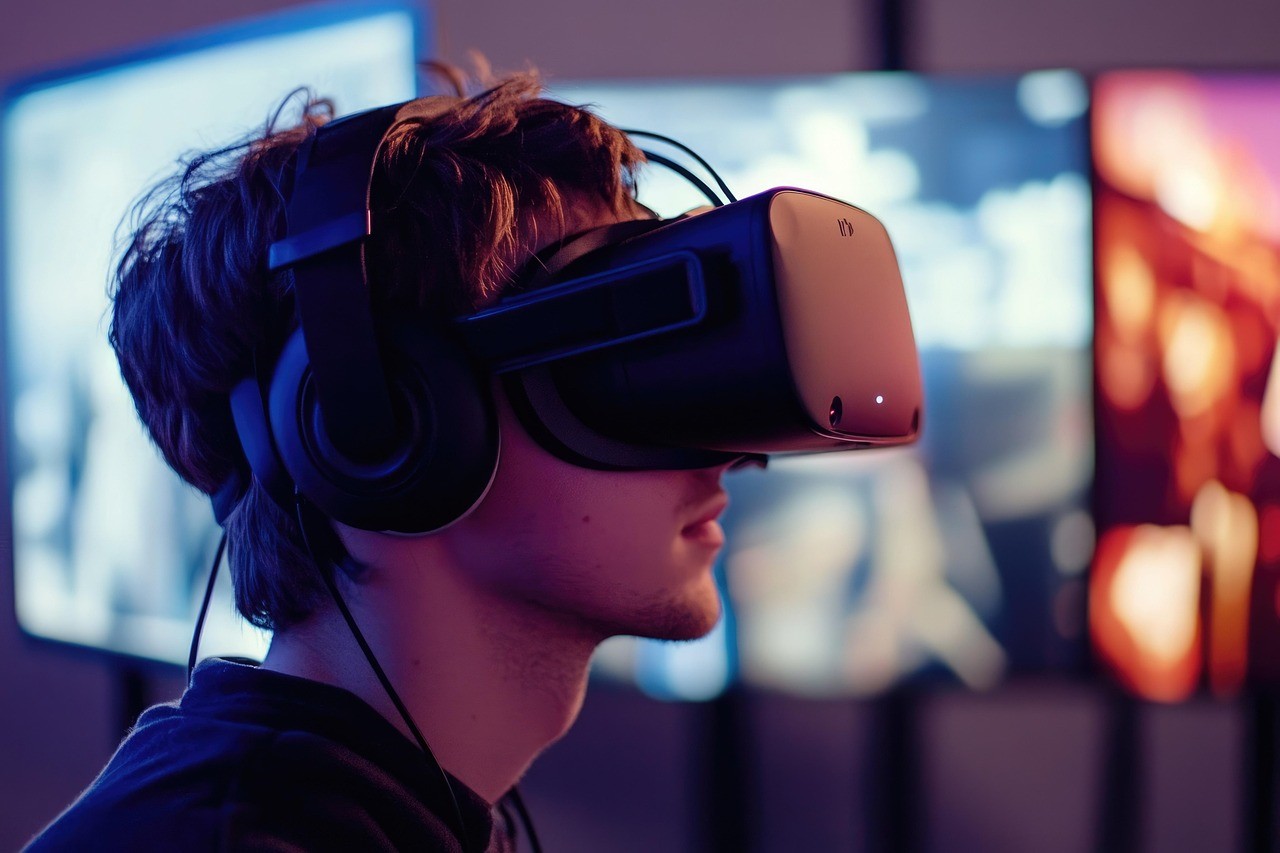Virtual Classrooms: Immersive Learning's New Frontier
Education
The future of education is rapidly moving towards immersive learning experiences and virtual classrooms, leveraging advanced technologies to create engaging and accessible educational environments. Virtual reality (VR), augmented reality (AR), and mixed reality (MR) are transforming traditional learning by providing interactive simulations, virtual field trips, and hands-on experiences that were previously impossible. This allows students to explore complex concepts in 3D, practice skills in risk-free environments, and collaborate with peers globally. Virtual classrooms are breaking down geographical barriers, offering flexible learning opportunities for students worldwide and enabling personalized instruction. AI-powered tutors and adaptive learning platforms further tailor content to individual needs, optimizing learning outcomes. While promising, challenges include equitable access to technology, developing high-quality immersive content, and ensuring effective teacher training. The integration of these technologies will redefine pedagogy, shifting from passive consumption to active, experiential learning. The future of education is about creating dynamic, personalized, and globally connected learning ecosystems that prepare individuals for the complexities of the 21st century and beyond.






